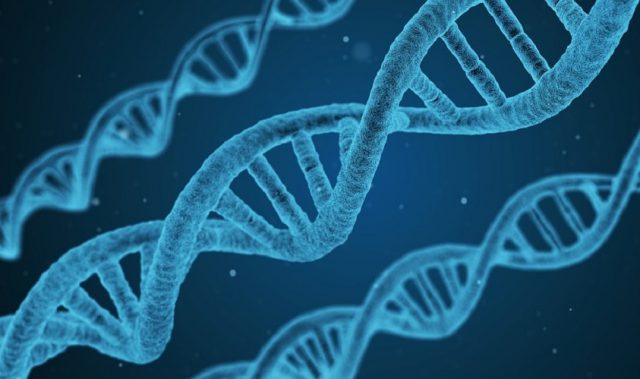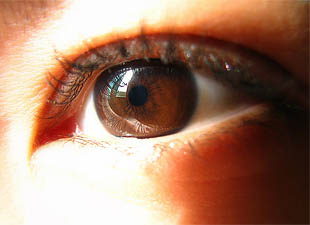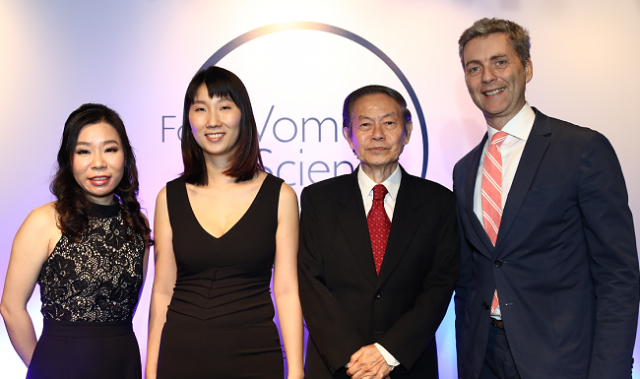
AsianScientist (Aug. 5, 2013) – Scientists have discovered a gene that may be key to developing more effective targeted therapies in triple negative breast cancer (TNBC), a highly aggressive form of breast cancer.
Using integrated genomic approaches, scientists from Singapore and the United States discovered that UBASH3B, a protein tyrosine phosphastase, is overexpressed in one third of TNBC patients.
The research, published in the journal Proceedings of the National Academy of Sciences, showed that UBASH3B plays an oncogenic role by modulating the activity of a breast cancer gene implicated in metastasis.
In addition, researchers demonstrated in a mouse model that deleting UBASH3B markedly inhibited TNBC cell invasive growth and lung metastasis.
Each year, 1.5 million women worldwide are diagnosed with breast cancer. Of these, nearly one in seven have a form of breast cancer classified as the triple negative subtype. Dr. Dave Hoon, a co-author on the study from the John Wayne Cancer Institute, explains that TNBC is among the most aggressive of breast cancer types, where the tumor lacks three important proteins: estrogen, progesterone and HER2.
“Recent large-scale genomic analysis of breast cancer show that triple negative breast cancer are highly heterogeneous and patients tumors can have different molecular profiles,” said Dr. Hoon. “Unlike more common breast cancers that often express estrogen, progesterone or HER2 can be targeted by specific agents such as hormone therapy or Herceptin. TNBC is the most difficult breast cancer to treat. The finding can help us develop new approaches for targeted therapy for this highly aggressive breast cancer.”
Clinical data from the study also showed a correlation between high expression levels of UBASH3B in TNBC patients with an early recurrence of cancer and metastasis.
Interestingly, both Singaporean Asian and American patients were found to express high levels of UBASH3B, highlighting that this research finding may be clinically significant in both ethnic groups, says Dr. Tan Ern Yu, consultant surgeon at Singapore’s Tan Tock Seng Hospital and co-author on the study.
“Some TNBC patients relapse soon after standard treatment while others remain free of disease for a long time. Being able to predict which patients are more likely to relapse is important since these patients may benefit from more aggressive treatments. But currently, doctors are unable to reliably do so. Further validation will show whether UBASH3B can be developed into a means of identifying these high-risk patients as well as a new form of treatment,” said Dr. Tan.
The article can be found at: Lee ST et al. (2013) Protein tyrosine phosphatase UBASH3B is overexpressed in triple-negative breast cancer and promotes invasion and metastasis.
——
Source: Genome Institute of Singapore; Photo: euthman/Flickr/CC.
Disclaimer: This article does not necessarily reflect the views of AsianScientist or its staff.












